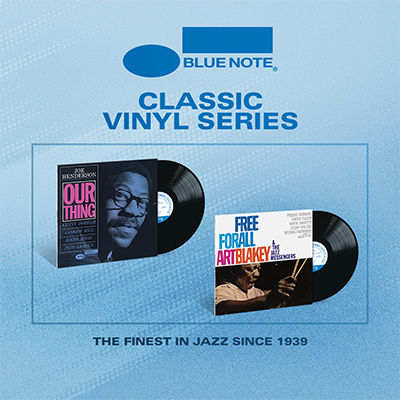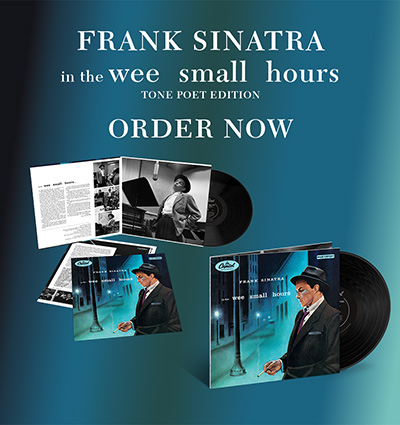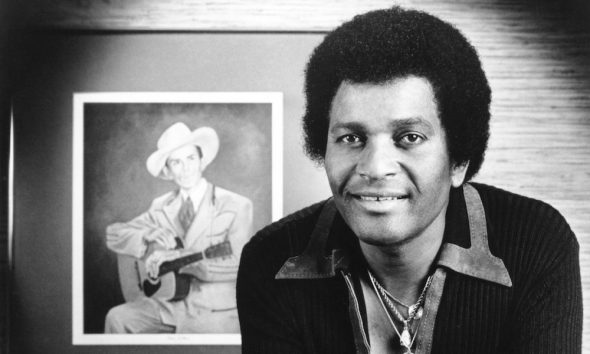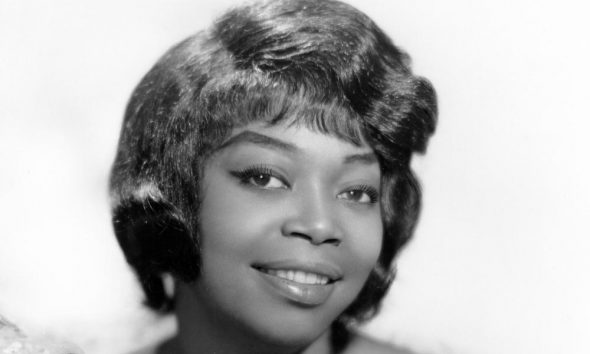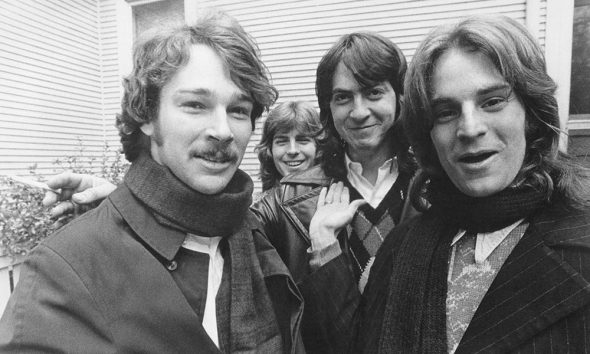‘Cole Espanol’: Nat King Cole In Spanish
The American superstar didn’t speak Spanish, but that didn’t stop him from having a made-in-Havana hit on the charts.
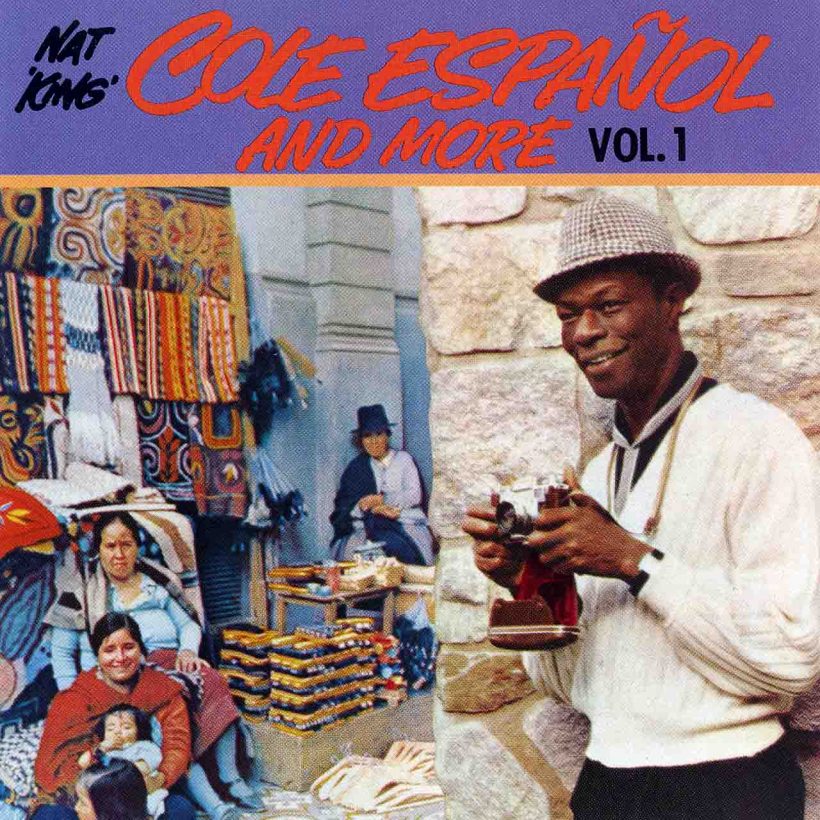
Nat King Cole made his debut under the stars on the Tropicana’s outdoor stage in March of 1956 with a setlist of satiny American hits that were just as popular in Havana. Cole performed with Armando Romeu Jr.’s orchestra, the famed nightclub’s house band, which would later record the tracks for the King’s first album of swinging romantic Latin ballads in Spanish: Cole Español.
By this point, Cole had already shown his love for Latin rhythms when he appeared on stage at Carnegie Hall in 1949 with a band that included percussionist Jack Costanzo, the American player known as “Mr. Bongo.” So, upon Cole’s much-anticipated arrival in Havana, he seemed as enamored with Havana audiences – and Cuban musicians – as they were with him.
In 1958, when Cole returned to the island for his third engagement at the Tropicana, he agreed to make a recording in Spanish, a language he did not speak, let alone sing. The job of successfully convincing him to do the album fell to Ramón Sabat, the owner of the pioneering Cuban label Panart Records, and the distributor for Cole’s label Capitol Records in Cuba. Sabat’s wife, Julia Sabat, and Bebo Valdés, the house pianist at Tropicana at the time, volunteered to coach Cole, teaching him to pronounce the lyrics phonetically. Valdés later told his biographer Mats Lundahl that the rehearsals were loosened up with vodka and orange juice.
The majority of the 11 tracks on Cole Español were recorded by Romeu’s orchestra at the Panart studio in central Havana, with Valdés lending his signature Afro-Cuban swing to “Cachito,” by the Mexican composer Consuelo Velazquez, and other numbers famous throughout Latin America. Cole later laid down his vocals at Capitol’s studio in Los Angeles.
The suave singer’s lack of finesse with the Spanish language made no difference to fans. His American accent even added to the album’s appeal; his valiant efforts to pronounce the words made the beloved American star all the more endearing to Latin American and Spanish audiences. In the United States, Cole Español transcended mere novelty, climbing quickly to the Top Ten of the Billboard charts. It was voted number eight by radio DJs on a list of top spins for 1958.
The album’s highlights include enduring favorites of the Cuban songbook, like the cha-cha-cha “El Bodeguero,” and boleros with transcendent pan-Latin appeal like “Noche de Ronda.” The album’s most immortal track, though, is “Quizás, Quizás, Quizás,” the much-covered 1947 song by Cuban composer Osvaldo Farrés that was famously recorded in English by Doris Day as “Perhaps, Perhaps, Perhaps.”
Cole’s shows in Havana at the Tropicana became an annual event. But his appearances in Cuba were suddenly and permanently halted in 1959. In January of that year, just after Fidel Castro had marched into Havana, Cole announced the cancelation of his upcoming return engagement.
Cole did embark on a six-week tour of South America, though, and before the end of the year, Capitol put out A Mis Amigos, which the singer recorded in Rio de Janeiro. That album features “Capullito de alhelí” by the great Puerto Rican songwriter Rafael Hernández, and the Cuban evergreen “Aquellos Ojos Verdes,” which as “Those Green Eyes” was a hit for Jimmy Dorsey in 1941; as well as the samba “Não Tenho Lagrimas” and two other tracks in Portuguese.
In 1962, Cole came back in Spanish with More Cole Español, which Capitol advertised as an album released “to satisfy overwhelming demand.” It includes the mariachi accompanied “La Feria de las Flores” and also the classic bolero “Piel Canela,” written and originally performed by singer Bobby Capó and La Sonora Matancera, and made famous for worldwide audiences by Eydie Gorme and Los Panchos. As heard on his final Latin album, Cole’s glaringly gringo accent remained intact, and so did his charm for Spanish-speaking audiences.

